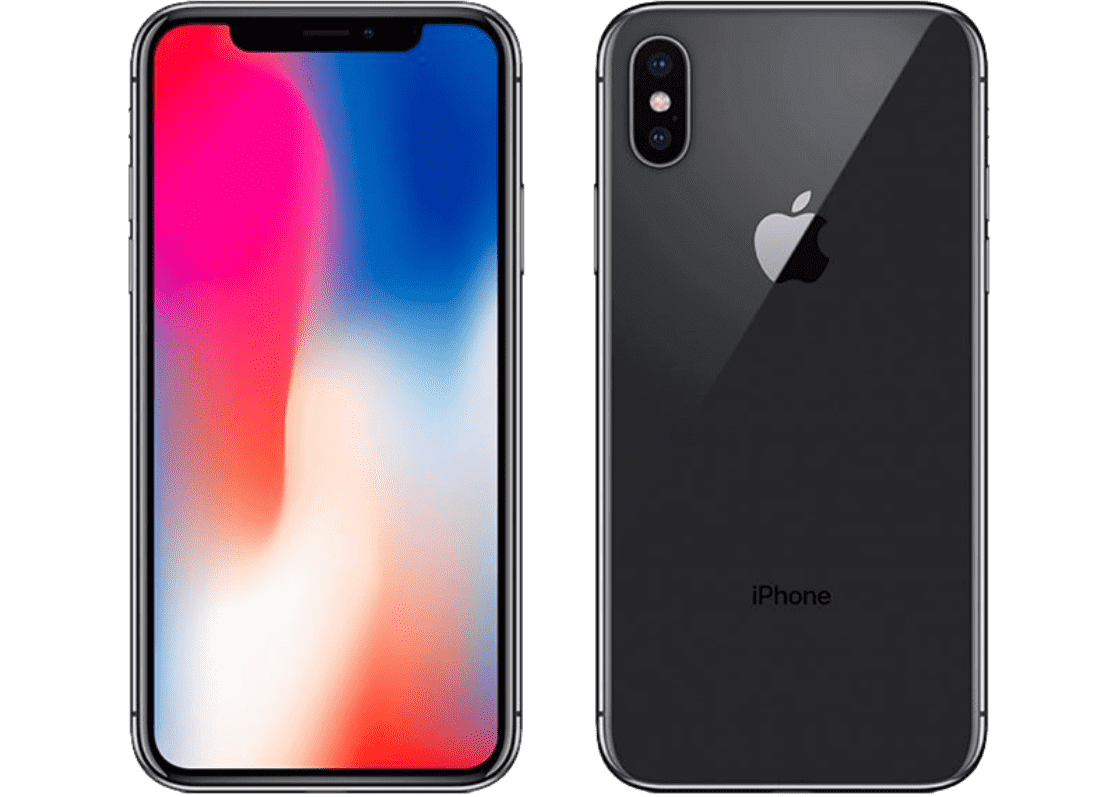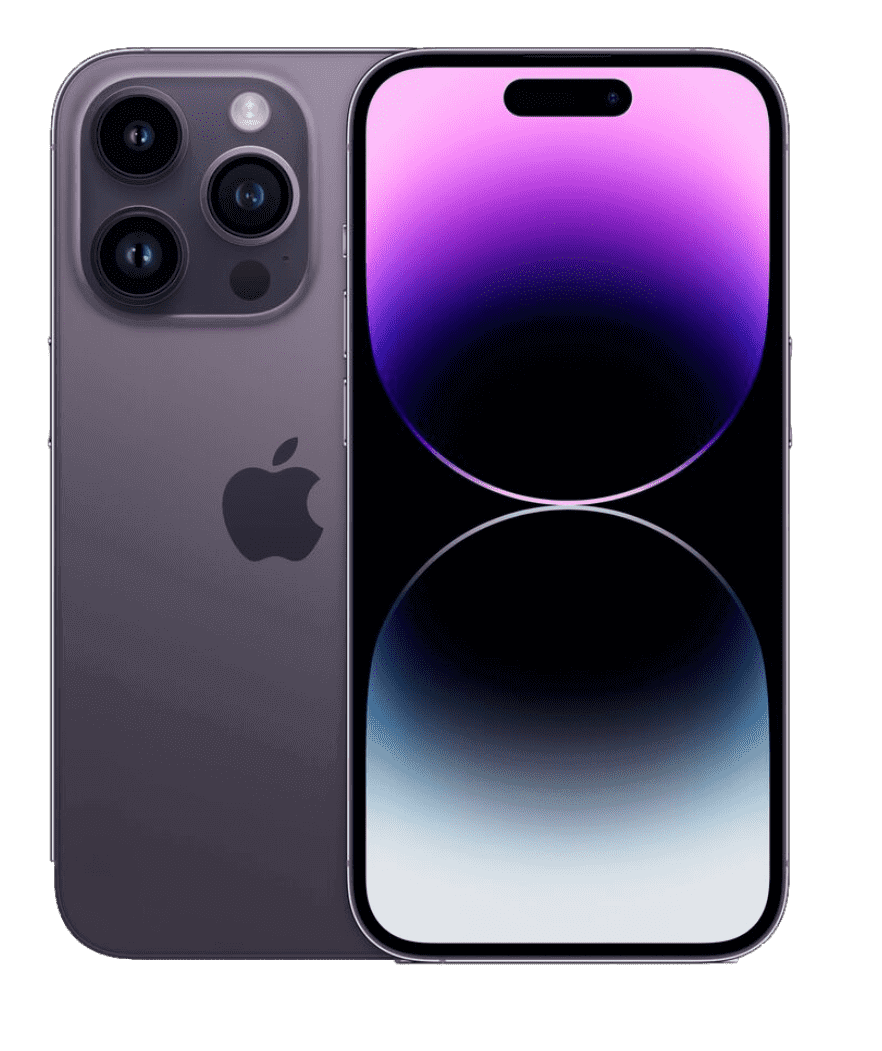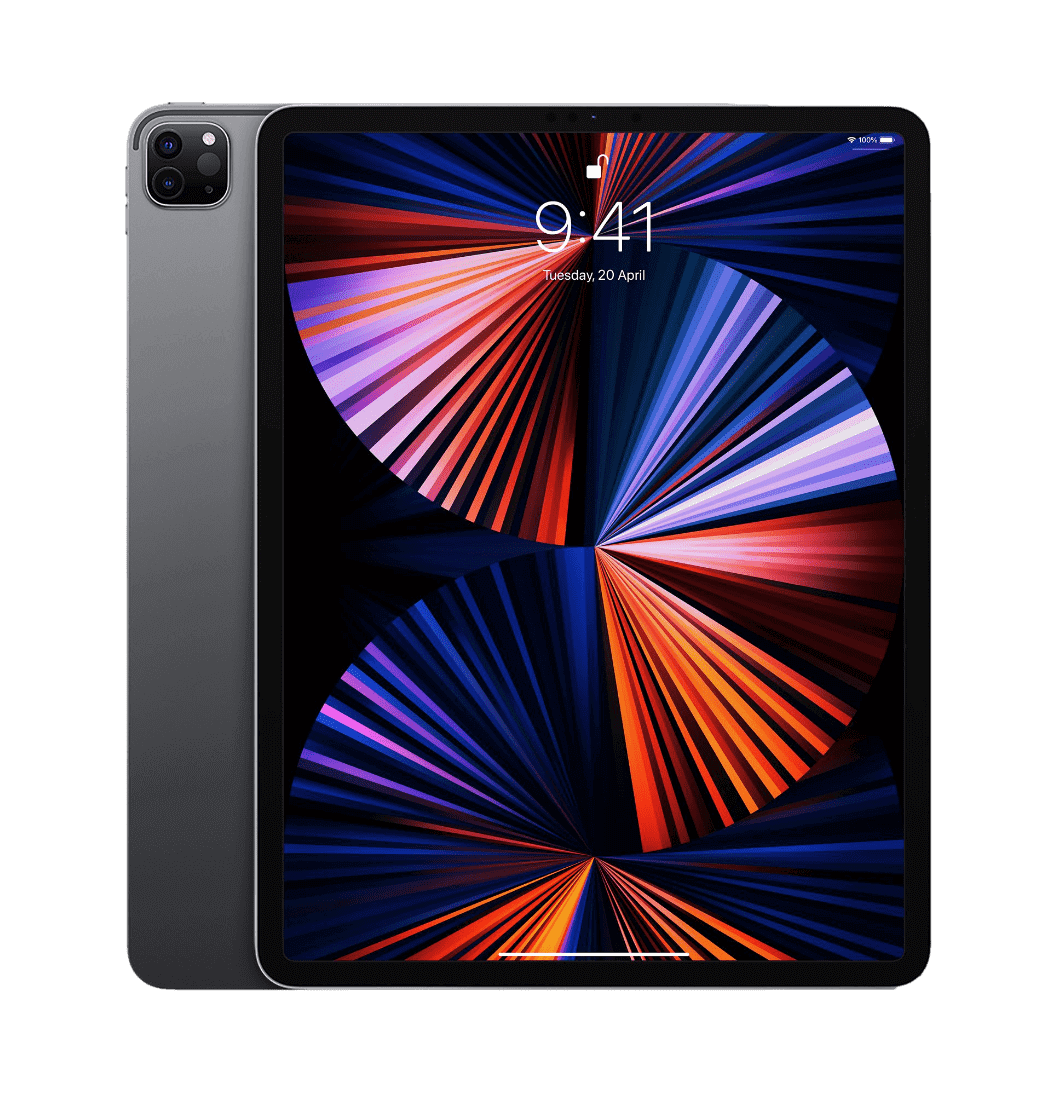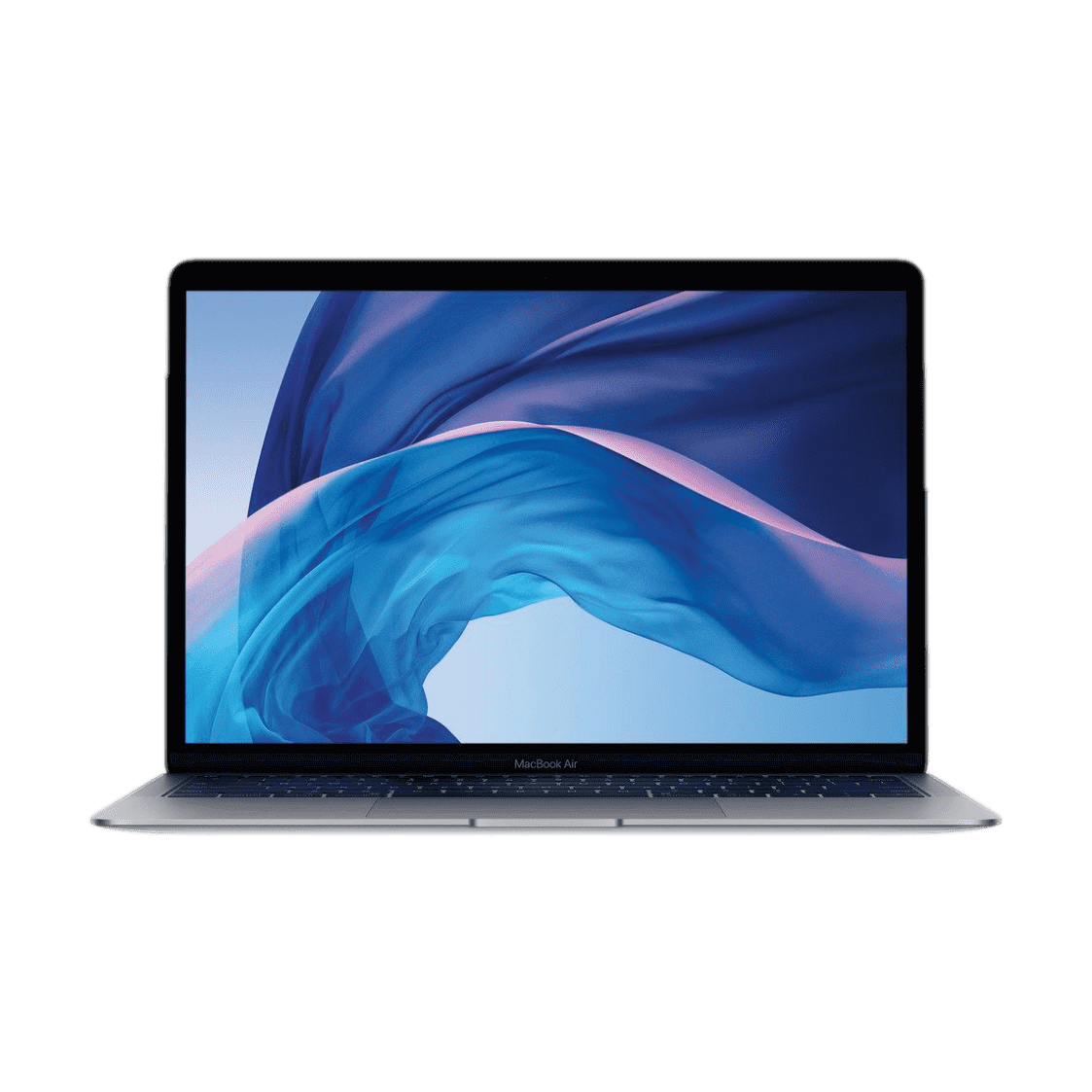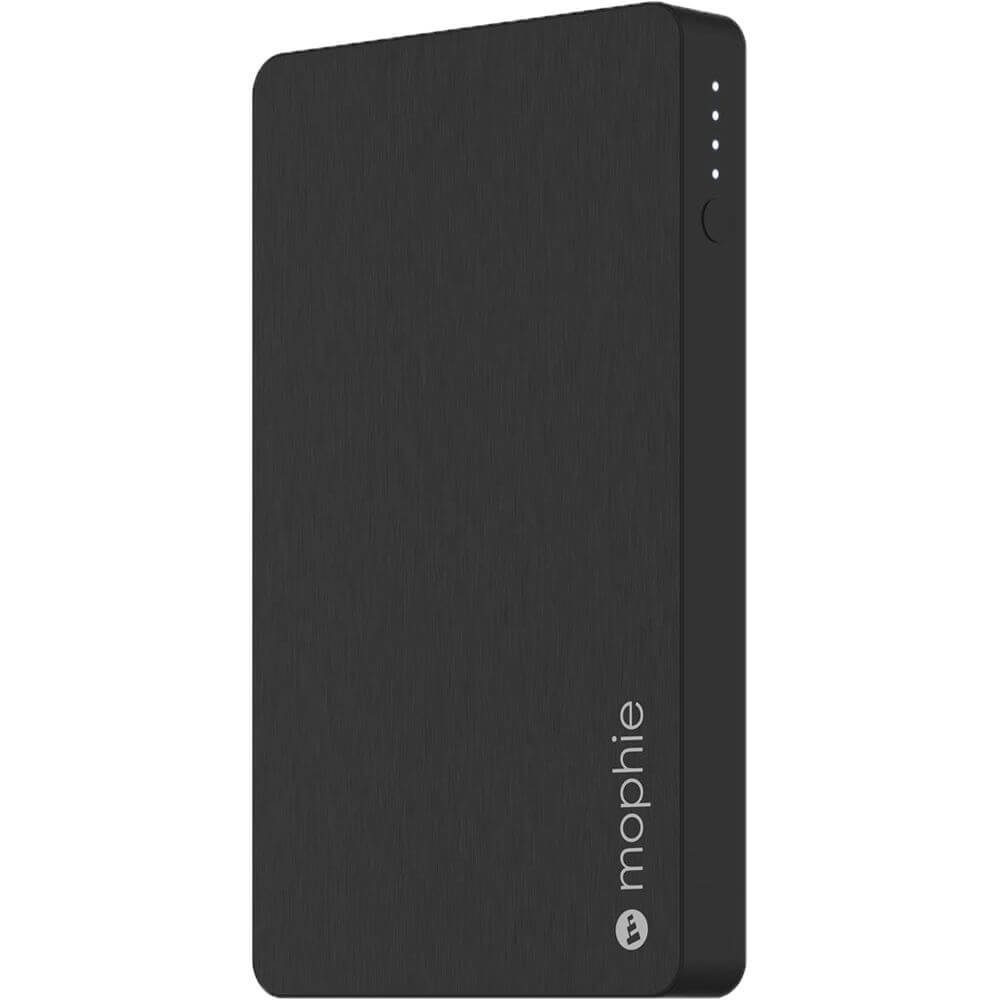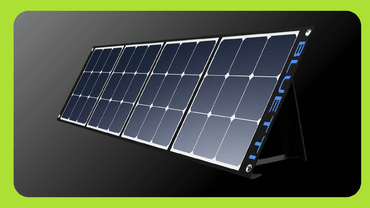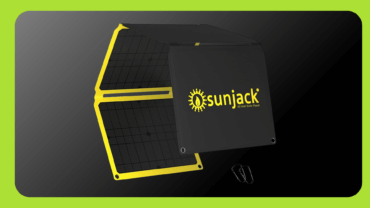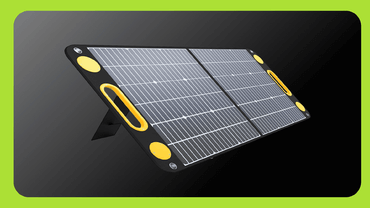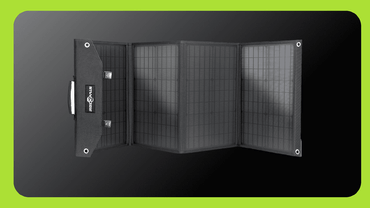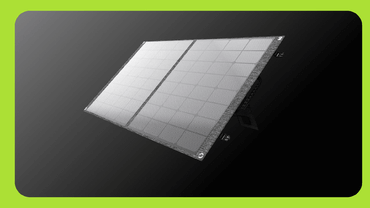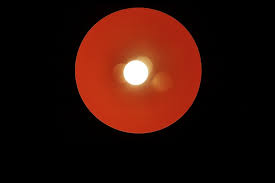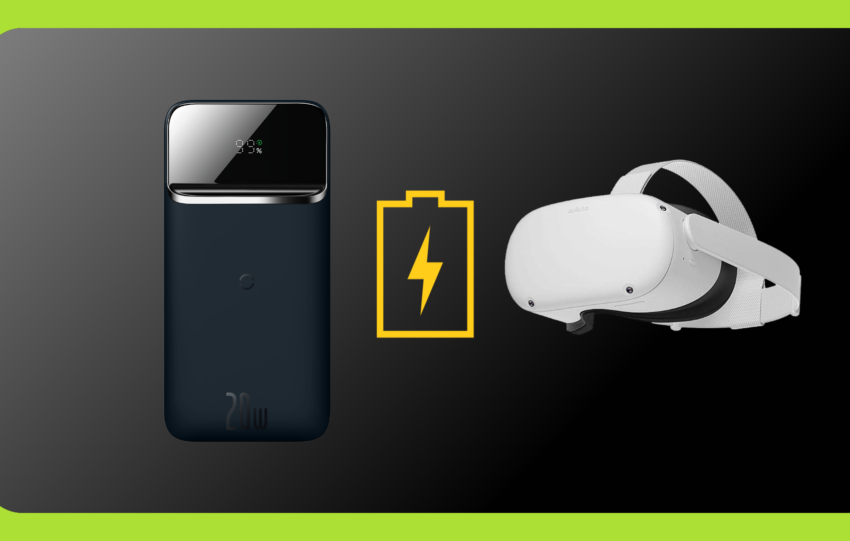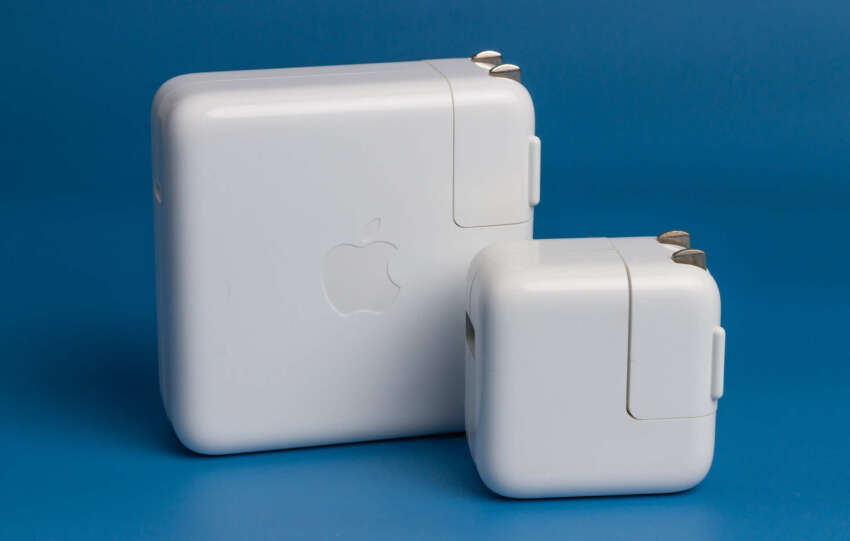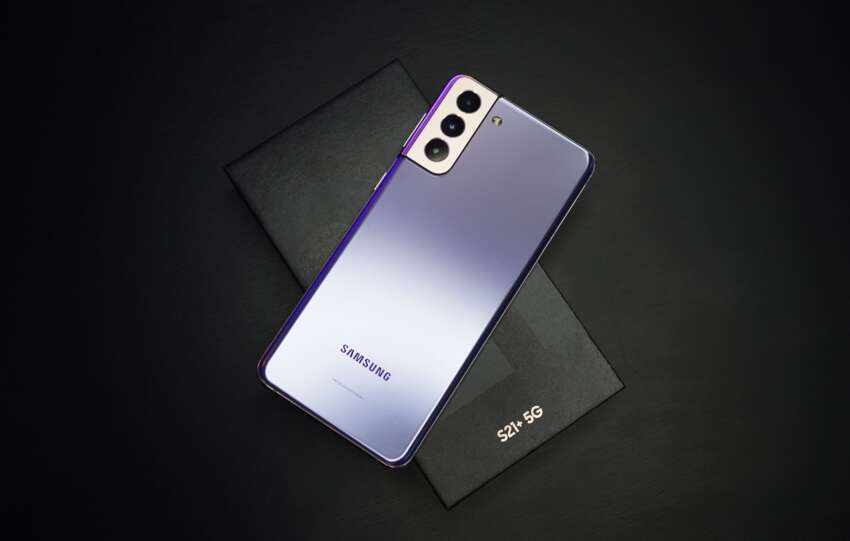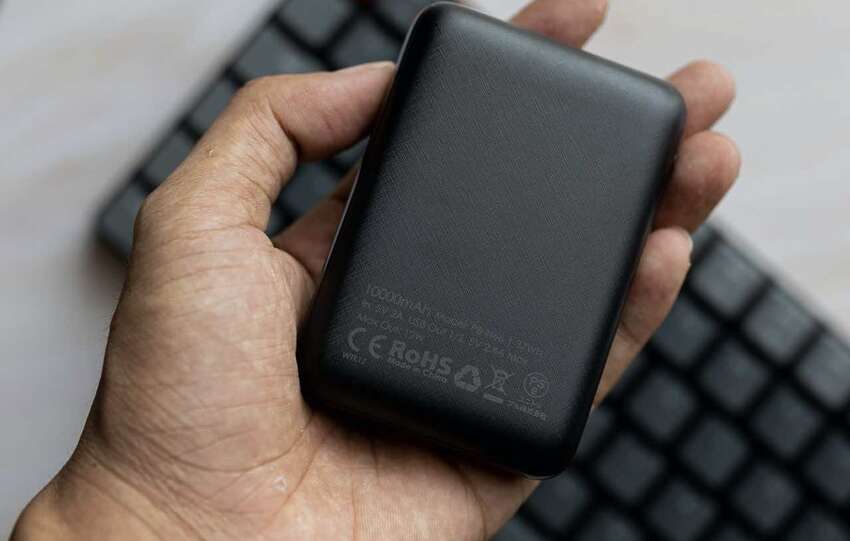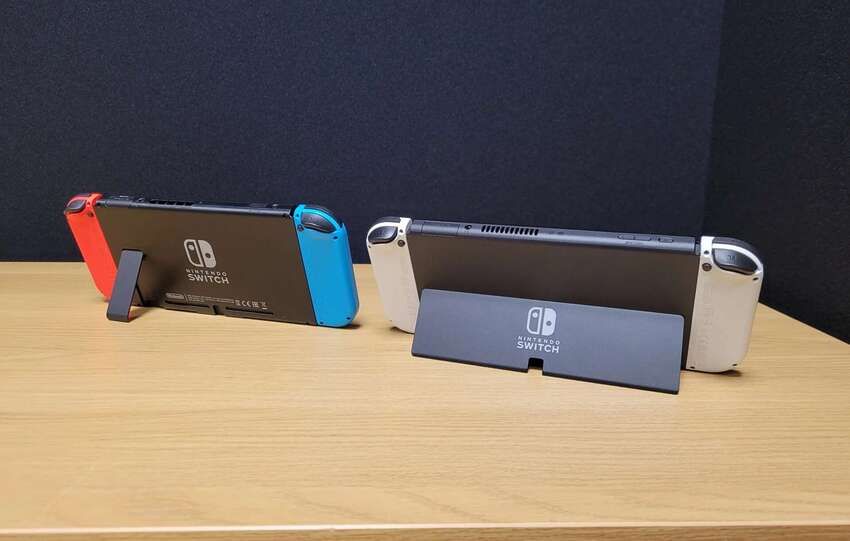Share This Article
Solar energy is becoming increasingly popular as a source of renewable energy. Solar panels are devices that convert sunlight into electricity. They are composed of photovoltaic cells, which convert sunlight into direct current (DC) electricity.
There are many different types of solar panels on the market, and it can be difficult to know which one is the best for your needs. The most important thing to consider when choosing a solar panel is its efficiency. Efficiency is a measure of how much of the sun’s energy is converted into electricity by the panel. The higher the efficiency, the more electricity the panel will produce.
There are two main types of solar panels: monocrystalline and polycrystalline. Monocrystalline panels are made from a single crystal of silicon, while polycrystalline panels are made from multiple silicon crystals. Monocrystalline panels are more efficient than polycrystalline panels, but they are also more expensive.
If you are considering installing solar panels, it is important to consult with a qualified solar installer to determine which type of panel is best for your needs.
Solar Panel Types
Solar panel type by performance
- Highest performance: Monocrystalline panel’s efficiency range from 17% to 26%.
- Mid-tier performance: Polycrystalline panel’s efficiency range from 15% to 17%.
- Lowest performance: Thin film panels that commercially have an efficiency range from 10–13%.
Monocrystalline
Monocrystalline solar panels are the most efficient type of solar panel. They are made out of a single crystal structure and have no boundaries between the silicon atoms. This gives them the highest efficiency of any type of solar panel, typically around 15-20%. They also tend to be more expensive than other types of solar panels.
Polycrystalline
Polycrystalline solar panels are sometimes called “multi-crystalline” because they are made of multiple smaller crystals, rather than a single crystal. They have a blue hue, and polycrystalline solar panels are generally less efficient than monocrystalline panels. But they are also less expensive to manufacture. Most polycrystalline solar panels have an efficiency of between 15% and 17%.
Thin-Film
The lightest and most flexible type of solar panel, thin-film panels are composed of one or multiple ultra-thin layers of photovoltaic material. The first generation of thin-film solar panels was made from cadmium telluride (CdTe), but newer versions also use copper indium gallium selenide (CIGS). While CIGS cells are more efficient, CdTe panels are less expensive to produce.
Because they can be applied directly to a wide range of surfaces, including glass, metal, and plastic, thin-film solar panels are often used for commercial and industrial applications, as well as for consumer products such as calculators and watches. But the drawbacks of thin-film solar panels include lower efficiency compared to other types of panels and a shorter lifespan.
Factors to Consider When Choosing a Solar Panel
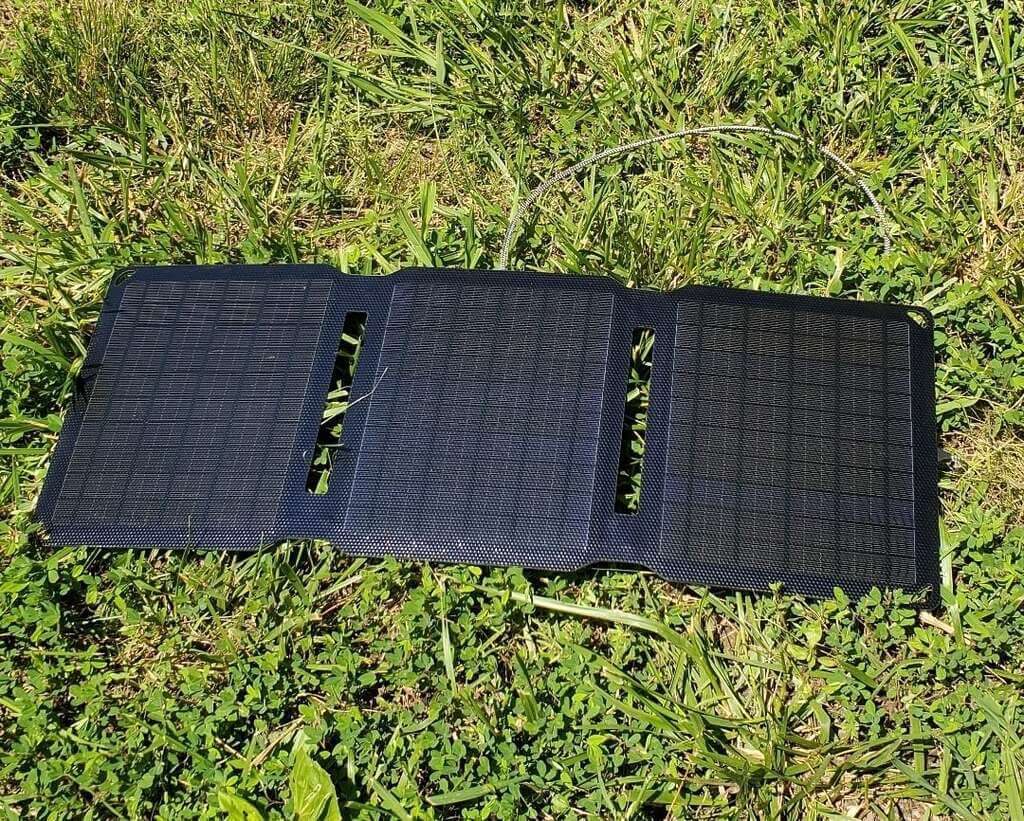
Solar panels are a great way to save on your energy bill and help the environment. But with so many different types and brands of solar panels on the market, it can be hard to know which one to choose. To help you make the best decision for your needs, here are some factors to consider when choosing a solar panel.
Efficiency
Efficiency is a measure of how much of the sun’s energy a solar panel can convert into electricity. Solar panel efficiency has increased significantly since the early days of solar power and continues to improve as technology advances.
The most efficient solar panel on the market today is the SunPower X22, which has an efficiency of 22%. This means that out of all the sunlight that hits the panel, 22% is converted into electricity. The average efficiency of most solar panels on the market today is between 15% and 20%.
The efficiency of a solar panel is an important factor to consider when choosing a panel, but it’s not the only factor. The price of a solar panel, the warranty, the company’s reputation, and the quality of the manufacturing are also important factors to consider.
how many watts of solar panels do I need?
^ Above table solar cell efficiency at 24% & also depends device maximum supported charging speeds.
Cost
The cost of solar panels has dropped significantly in recent years, making them a much more affordable option for many homeowners. However, there are still a few things to consider when it comes to the cost of solar panels.
The price of solar panels varies based on the type of panel, the size of panel, and the brand. Mono-crystalline panels tend to be more expensive than poly-crystalline panels, and larger panels will also cost more.
It’s also important to consider the warranty when choosing a solar panel. Some manufacturers offer longer warranties than others, so be sure to compare before making your final decision.
Durability
The durability of a solar panel is determined by several factors, most notably the type of materials used in its construction. The most common type of solar panel is the crystalline silicon photovoltaic (PV) cell, which is made from either monocrystalline or polycrystalline silicon. These cells are incredibly durable, with a lifespan of 20 to 25 years or more.
Another factor to consider is the environment in which the solar panel will be used. If it will be mounted on a rooftop, for example, it will be exposed to wind, rain, and UV rays from the sun. All of these factors can degrade the materials over time, so it’s important to choose a solar panel that is rated for use in high-wind and high-UV areas.
Warranties
Warranties are extremely important when choosing solar panels because they represent the company’s faith in its product. Most solar panel companies offer a standard ten-year warranty, but some offer up to twenty-five years. Be sure to read the fine print before making a purchase because some warranties only cover the materials and not the labor involved in the installation.
The Best Solar Panels on the Market
Solar panels are a great way to save on your energy bill and help the environment. With so many solar panels on the market, it can be hard to know which one is the best. In this article, we will compare the top solar panels on the market and help you find the best one for your needs.
5 Best Solar Panels With USB-C & Compatible Most Power station
Conclusion
We have looked at a number of different factors to consider when choosing solar panels. The most important factor is the type of solar panel you need for your home. There are three types of solar panels: monocrystalline, polycrystalline, and thin film. Monocrystalline panels are the most efficient, but they are also the most expensive. Polycrystalline panels are less efficient, but they are less expensive. Thin film panels are the least efficient, but they are also the least expensive.
The next factor to consider is the size of the solar panel. The size of the solar panel will determine how much electricity it can produce. The larger the solar panel, the more electricity it can produce.
The last factor to consider is the warranty. Solar panels come with different warranties. Some warranties are for 10 years, while others are for 20 years or more. You should choose a solar panel with a warranty that meets your needs.

